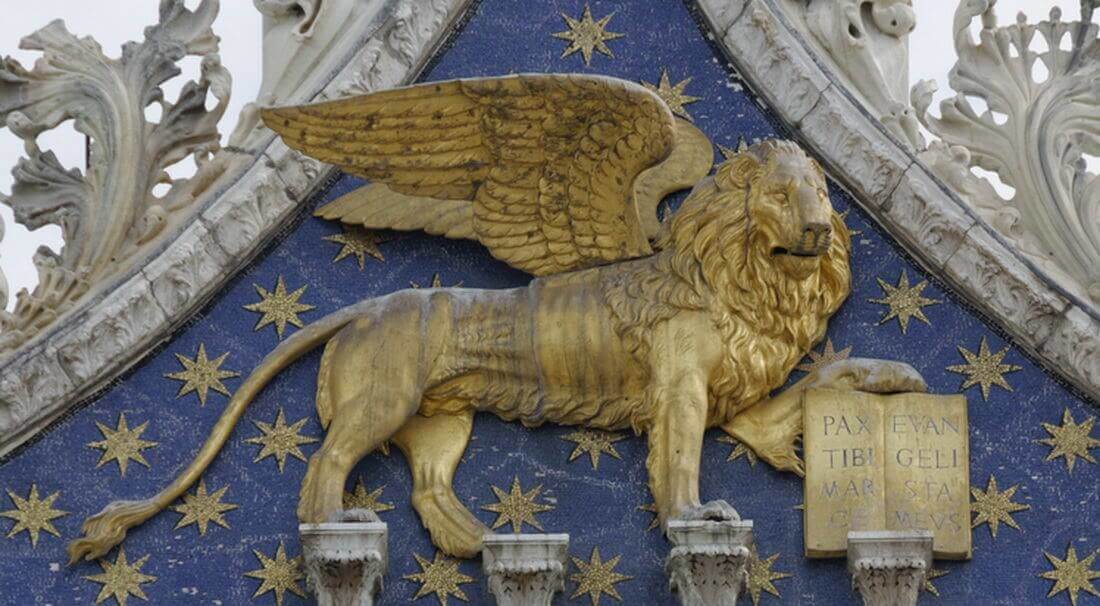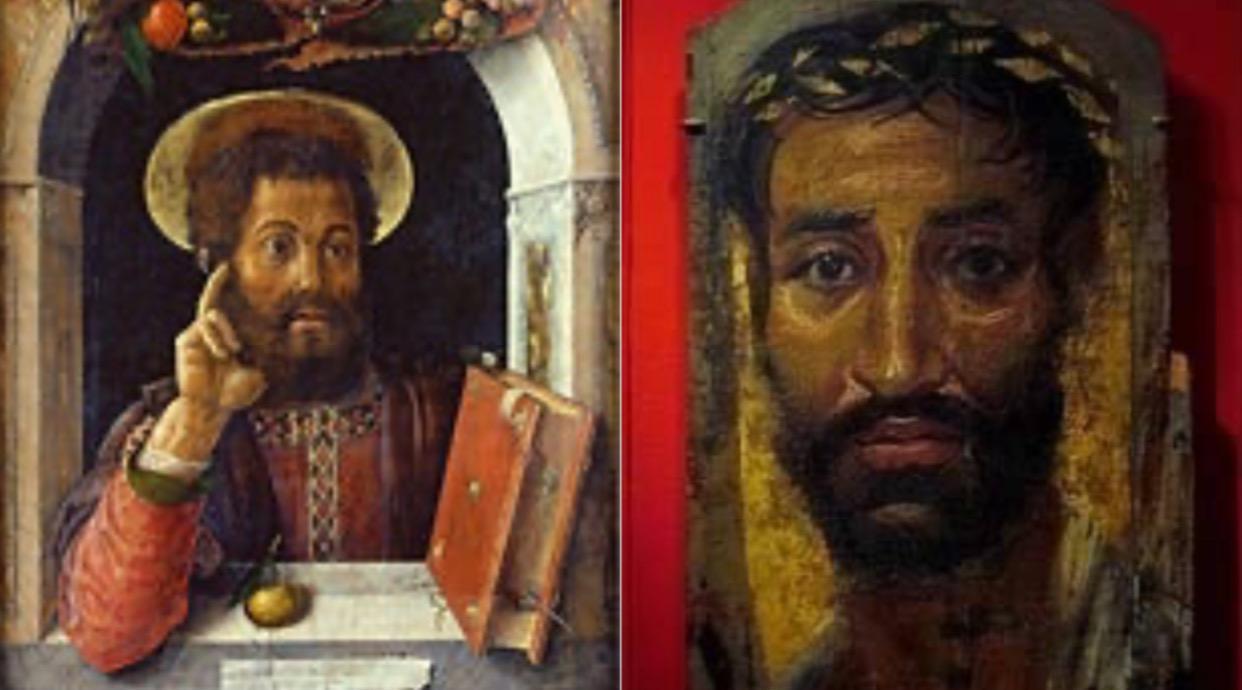Saint Mark, a pivotal figure in early Christianity, emerges from the historical tapestry of North Africa, specifically the region of Pentapolis within the land of Libya. Born in the vibrant city of Cyrene, nestled in the western expanse of Libya, Saint Mark’s origin adds a unique layer to his identity. As documented by copticchurch.net, he entered the world to Jewish parents, a mere three years following the miraculous birth of Jesus Christ. This temporal proximity connects his life’s journey with the unfolding narrative of Christianity’s foundational events.
The tapestry of St. Mark’s life extends beyond his birth, woven with threads of faith, tradition, and historical significance. Born in 5 AD in Cyrene, located within the Pentapolis of North Africa, St. Mark’s earthly journey reached its conclusion on April 25, 68 AD, within the bounds of Alexandria, Egypt. His passing at the age of 62 or 63 marked a transition, not only in his life but also in the trajectory of Christian teachings and evangelism.
One intriguing aspect of St. Mark’s identity is the ongoing scholarly debate regarding his relationship with John Mark and Barnabas. As elucidated by William Lane in 1974, a pervasive “unbroken tradition” aligns St. Mark the Evangelist with John Mark, who in turn is proposed as the cousin of the esteemed figure, Barnabas. This interwoven connection highlights the intricate familial and apostolic bonds that wove through the early Christian community.
Diverse perspectives on this narrative emerge from historical texts, enriching the intricate tapestry of St. Mark’s identity. Hippolytus of Rome, renowned for his contributions to Christian literature, diverges from the traditional narrative. In his work “On the Seventy Apostles,” Hippolytus distinguishes between Mark the Evangelist, John Mark, and Mark the cousin of Barnabas. This differentiation extends to their roles within the “Seventy Disciples,” a group dispatched by Jesus to spread the gospel throughout Judea, as recorded in Luke 10:1ff.
The most enduring testament to St. Mark’s legacy resides in the Gospel of Mark, a cornerstone of the New Testament. Ascribed traditionally to him, this gospel holds a unique position in the canon, offering a distinct perspective on the life and teachings of Jesus Christ. Beyond his role as an author, St. Mark is also credited with establishing the Church of Alexandria, a significant episcopal seat that played a pivotal role in the early Christian landscape.
St. Mark’s enduring influence is celebrated annually on April 25th, a day that marks his feast within the Christian calendar. His symbol, the winged lion, evokes notions of courage, majesty, and divine authority. This emblem encapsulates the essence of a man who navigated the intricate pathways of faith, tradition, and history, leaving an indelible mark on the spiritual fabric of North Africa and beyond.
In conclusion, the life of St. Mark resonates as a testament to the diverse tapestry of early Christianity, interwoven with geographical landscapes, familial connections, and apostolic missions. As his story unfolds through the annals of history, the complex identity of St. Mark emerges, not only as an evangelist and author but as a bridge connecting the foundational moments of Christianity with the vibrant cultures of North Africa. Through scholarly discourse and sacred tradition, his legacy endures, inspiring generations to explore the intersections of faith, heritage, and the enduring quest for divine understanding.

 The African History Truly African
The African History Truly African

